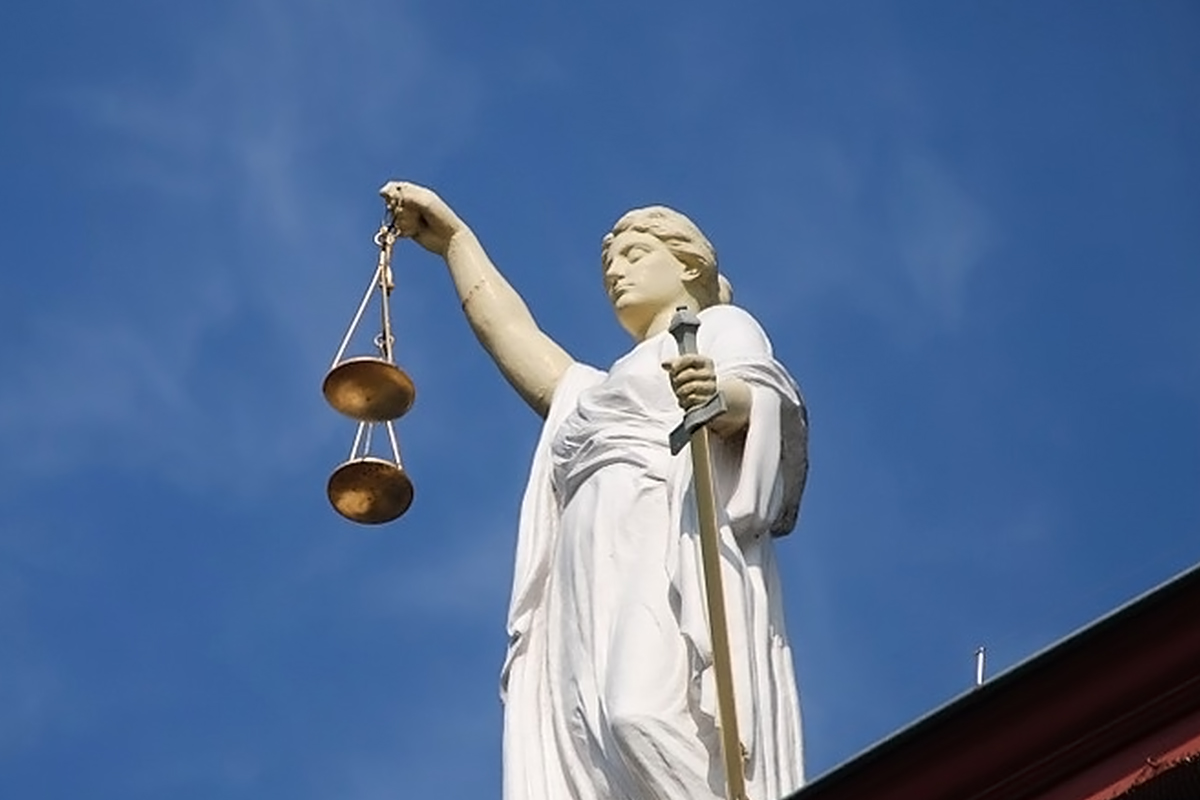On Dec. 2, 2020, in a victory for immigrant families, as well as for state and local governments and school districts, the United States Court of Appeals for the Ninth Circuit in a combined appeal reinstated the lower court orders barring the Department of Homeland Security from enforcing the revised public charge rule in several states, including California.
Under federal law, any immigrant who is likely to become a “public charge” is inadmissible and therefore unable to enter the United States or receive a visa or green card. The term “public charge” has been defined for years in federal guidance as one who “is or is likely to become primarily dependent on the government for subsistence,” but has excluded non-cash benefits from the definition. In 2019, the Department of Homeland Security issued a revised rule that defined public charge to include those who are likely to participate, even for a limited period of time, in non-cash federal government assistance programs.
On Aug. 16, 2019, California and other states filed a lawsuit challenging the revised public charge rule. CSBA’s Education Legal Alliance filed an amicus brief in support of the plaintiff states, arguing that the revised public charge rule may deter families from seeking assistances under affected programs, including food assistance (SNAP), Medicaid and housing vouchers, and under programs that are not directly affected, out of fear or misinformation, to the detriment of K-12 students and school districts, as children of immigrant families became increasingly reliant on school-based health, nutrition and other services.
In its decision, the court noted that the revised public charge rule would discourage immigrants from relying on federal subsidies and state and local governments would bear an increased burden to meet these basic needs and address the social consequences of failing to meet these basic needs. In upholding the bar, the court found plaintiffs likely to prevail on the merits of the case, finding that although the definition of public charge has had different interpretations throughout its application, it has never been understood to mean the temporary receipt of in-kind services. Instead, the term public charge has consistently been interpreted as being primarily dependent on the government for all support.
While the Ninth Circuit’s decision temporarily bars the revised public charge rule in the plaintiff states and adds to a series of court decisions that have barred and reinstated the revised public charge rule this year, the ultimate outcome for the revised rule will likely depend on a Supreme Court decision if the government appeals and on the subsequent policy decisions of the Biden administration.




